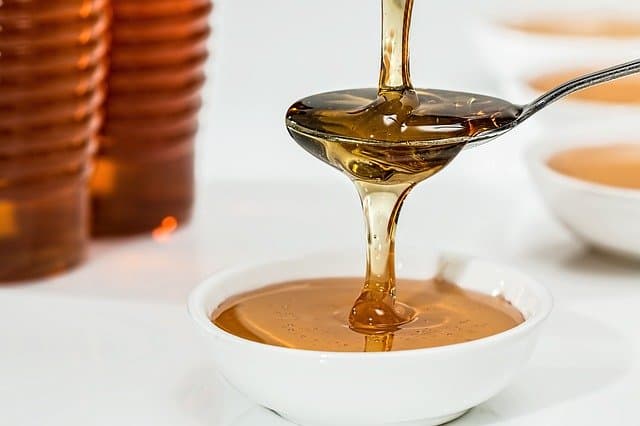After cow’s milk and meatless burgers, another breakthrough that could revolutionize the vegan food industry to thrive, leaving bees…
As startups produce milk protein without the help of cows and palm oil without palms, researchers at a San Francisco lab are working on the next challenge: making honey, which is identical to traditional natural product but does not need Bees’ overtime.
The founders of MeliBio came up with this idea that aims to address the impact of honey production – the impact of human consumption on biodiversity. “There are 20,000 other bee species that are wild and native species,” said Darko Mandich, CEO of the Berkeley-based company in California. “And those species are jeopardized with current honey production, which completely relies on commercial beekeeping.”
While the biodiversity of bees and the collapse of their colonies have received enormous attention from the scientific community, wild bees are at greater risk, because they compete with honey-producing bees for food. As honey production increases, so does the pressure. This is one of the challenges wild bees are already facing from pesticides, climate change and habitat loss, with hundreds of wild species bees in the U.S. are at risk of extinction.
“We decided to look into science to produce honey just like honeybees make it, but removing them from the supply chain so we can help wild bees to thrive,” says Mandich.
Based on synthetic biology, the company can reproduce the compounds found in honey, including the flower-based variants commonly used by bees, which contribute to the final taste of the product.
Although the company’s technology infrastructure is kept secret, the basic process is probably similar to the way dairy company Perfect Day makes cow’s milk proteins: administering this genetic blueprint to microorganisms in a bioreactor in order to initiate chemical transformation.
While the company is still at an early stage, it recently created a prototype that “resembles the taste, texture and viscosity properties of natural honey,” Mandich says. In a blind taste test, he says, tasters found it identical to the traditional product, while already 14 companies have signed letters of intent to start buying it for use as an ingredient in their products.
With the start of production, the company plans to focus on sales to other companies – from food companies to soap or honey shampoo industries – with a first form of the product to hit the market next year.
This original investment alone cannot solve the biodiversity problem faced by wild bees, as their species is also used to fertilize crops. Meanwhile, artificial honey production could help the fast-growing vegan product market, which is expected to grow to $31 billion by 2026.
